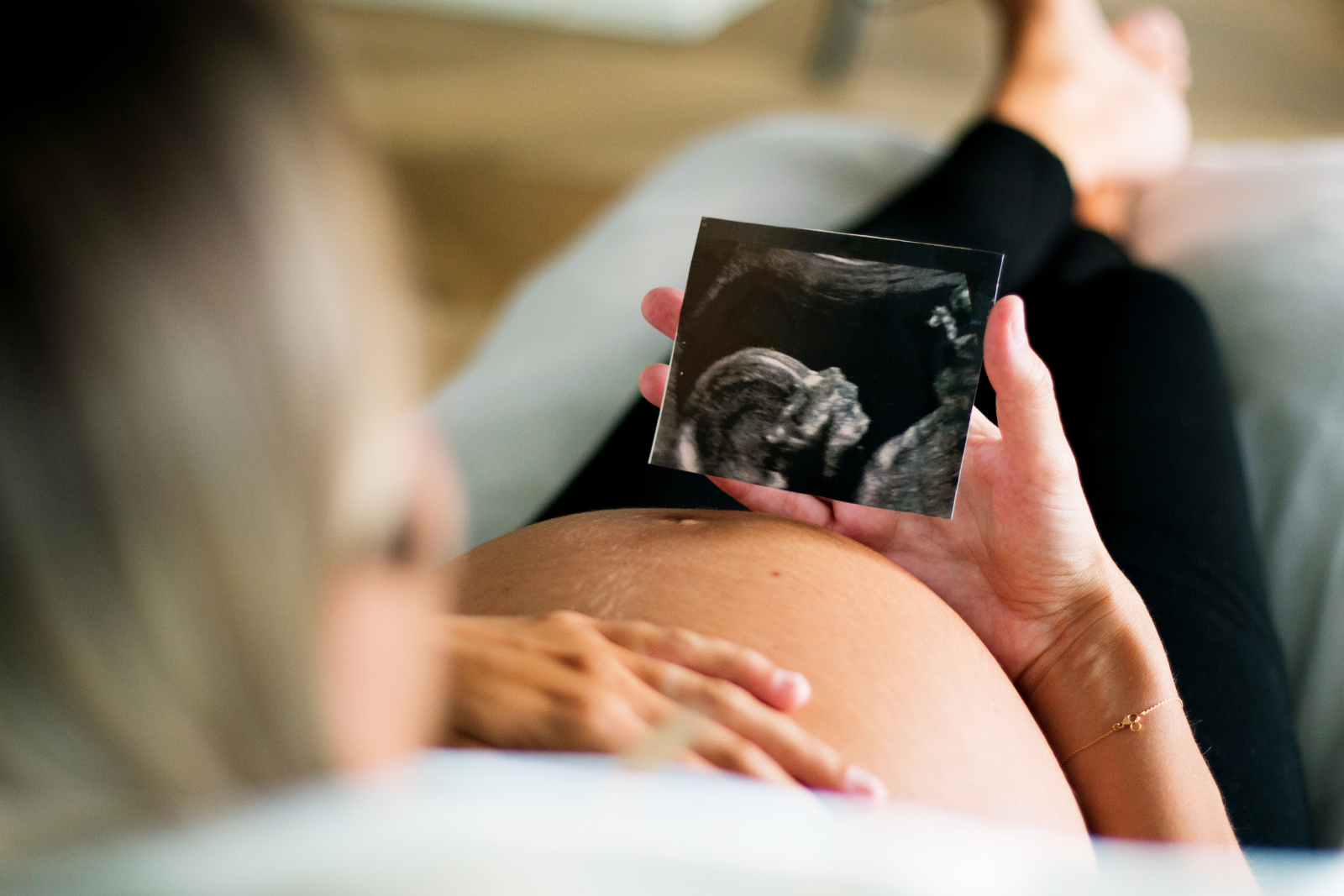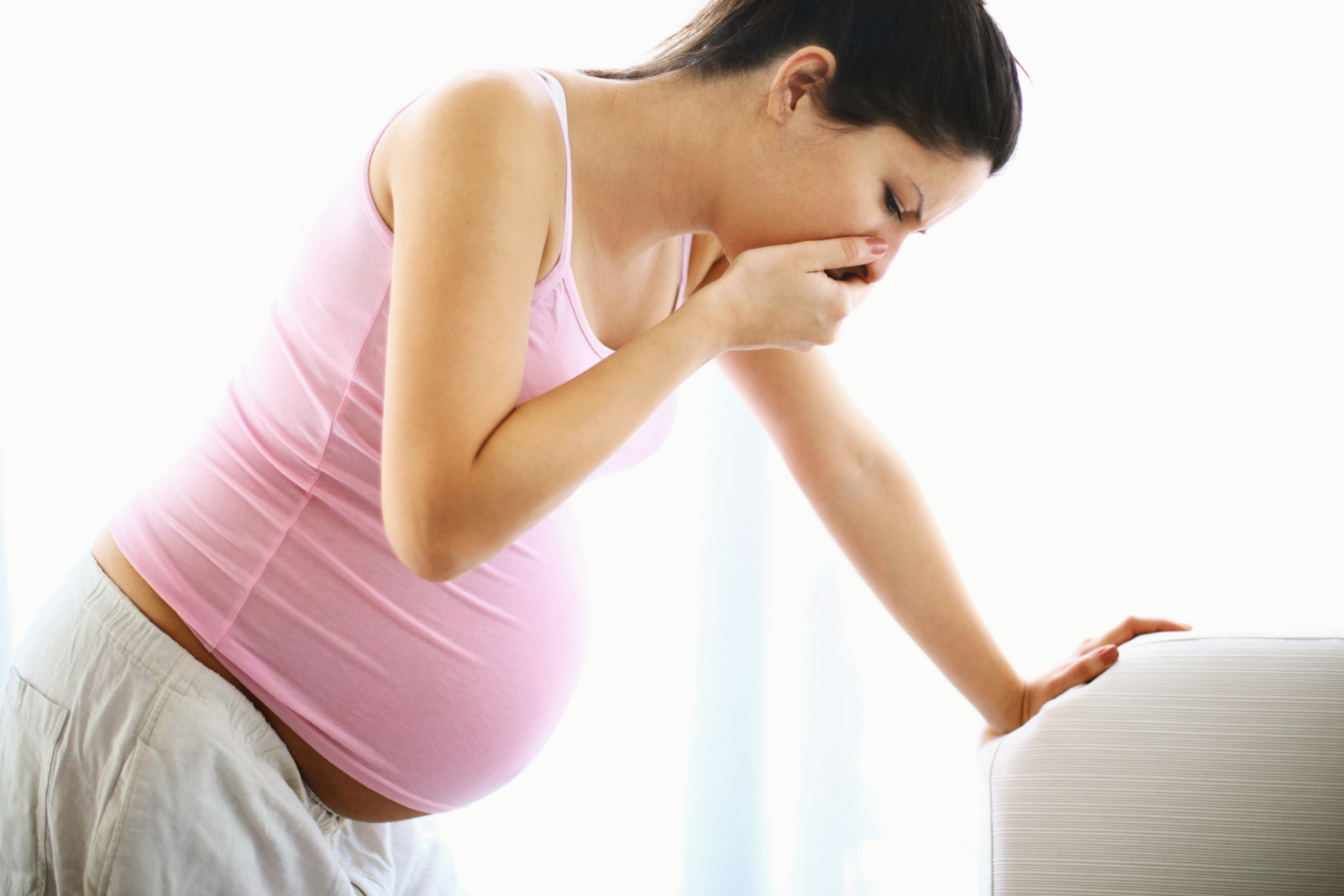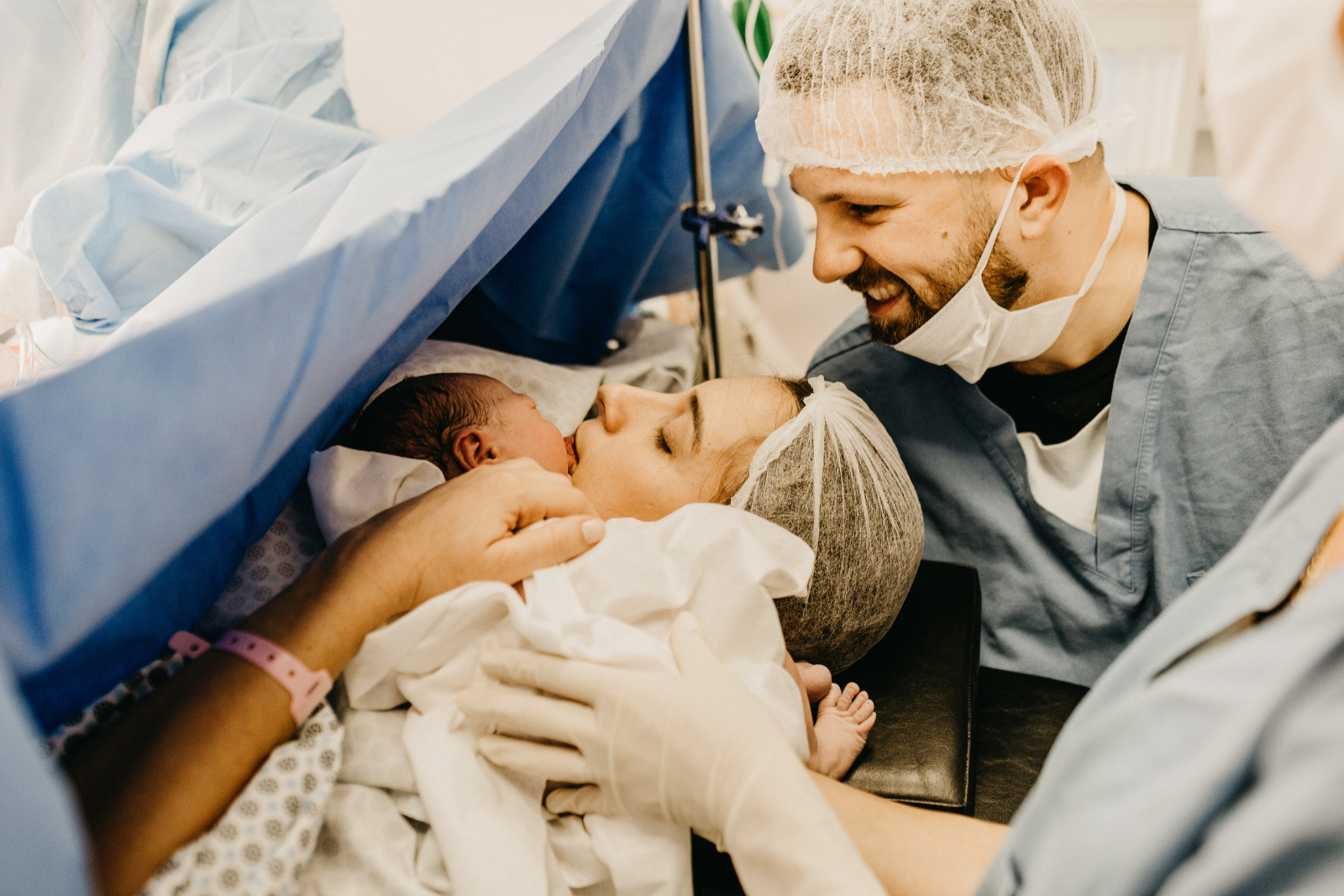What is the difference between the non-invasive prenatal test (NIPT) & the genetic pre-natal carrier screening test?
We have noticed bit of confusion among our parents regarding these tests, so we wanted to provide more information to clear things up. The non-invasive prenatal test (NIPT) & the genetic pre-natal carrier screening test are two different & separate tests!
The the non-invasive prenatal test (NIPT), (otherwise known by different company names such as Harmony, Panorama, Verifi, Generation, Percept etc), tests for the risk of Down Syndrome & is done around 10 - 11 weeks of pregnancy. This test can also tell the sex of the baby & the risk of trisomy 18 (Edwards syndrome) & trisomy 13 (Patau syndrome). It can occasionally suggest sex chromosome abnormalities. NIPT testing is about $400 & there is no Medicare rebate.
Pre-natal genetic carrier screening is a test that ideally should be done before you fall pregnant or as a part of the 'planning pregnancy' journey. However, most of healthy people do not necessarily see a doctor before pregnancy & instead see one in early pregnancy - & this is when they get offered this test. As of 1/11/23, this test has become free for patients who have Medicare, therefore it is offered as a part of standard care at your first visit. Patients who do not have Medicare can still have the test, but the cost of the test is significant.
Pre-natal genetic carrier screening tests for three genetic conditions: Cystic Fibrosis, Spinal Muscular Atrophy & Fragile X syndrome. Being a carrier for these conditions is considered more common than other genetic conditions, which are numerous but rare.
The Australian Government pays for the mother to be tested & if found positive for Cystic Fibrosis or Spinal Muscular Atrophy, the father will be tested for free (paid by Medicare). It takes both Mum & Dad to carry the gene for the baby to have a chance of inheriting both genes & therefore to have the condition. Even in the case of both parents being diagnosed as carriers, it doesn’t necessarily mean baby will inherit both genes.
The fragile X syndrome inheritance is in an X-linked dominant pattern. That means the mutated gene that causes it is located on the X chromosome.
Testing negative for Cystic Fibrosis significantly reduces the chance of having baby with Cystic Fibrosis but it doesn’t eliminate the risk completely as there are other rare gene mutations not covered in the test panel.
In your POGS folder (given at your first visit with POGS), you have an information brochure on this test (unfortunately only available in English at this time).
As you have experienced, our first visit is long & there are many things to cover - so it's important to ask questions & read all the information provided in your POGS folder. www.sonicgenetics.com.au also provides additional information on these tests.
If you haven’t got a referral for pre-natal genetic carrier screening & you would like to have the test, please ask us for a referral.
If you have already had a baby & the test was not offered, or was not free at the time of your pregnancy, please ask your GP & consider having the test before next pregnancy.
We hope this will help to clear the confusion regarding the non-invasive prenatal test (NIPT) & the genetic pre-natal carrier screening test.
Call (08) 6270 0123 or email: reception@pogs.com.au for an appointment with POGS or more information.




Our Delivery Location
Celebrated 10 years in 2021 & over 5000 babies delivered!
About Us
We are POGS – Perth Obstetrics & Gynaecology Specialists.
We promote the wellbeing & dignity of all women and deliver first class & affordable private Specialist Obstetrics & Gynaecology care.
Consulting Location
Suite 302, Level 3
St John of God Subiaco Clinic
25 McCourt Street Subiaco WA 6008
Phone: (08) 6270 0123
Fax: (08) 9271 7400
© Copyright 2021 | All Rights Reserved | Perth Obstetrics & Gynaecology Specialists












